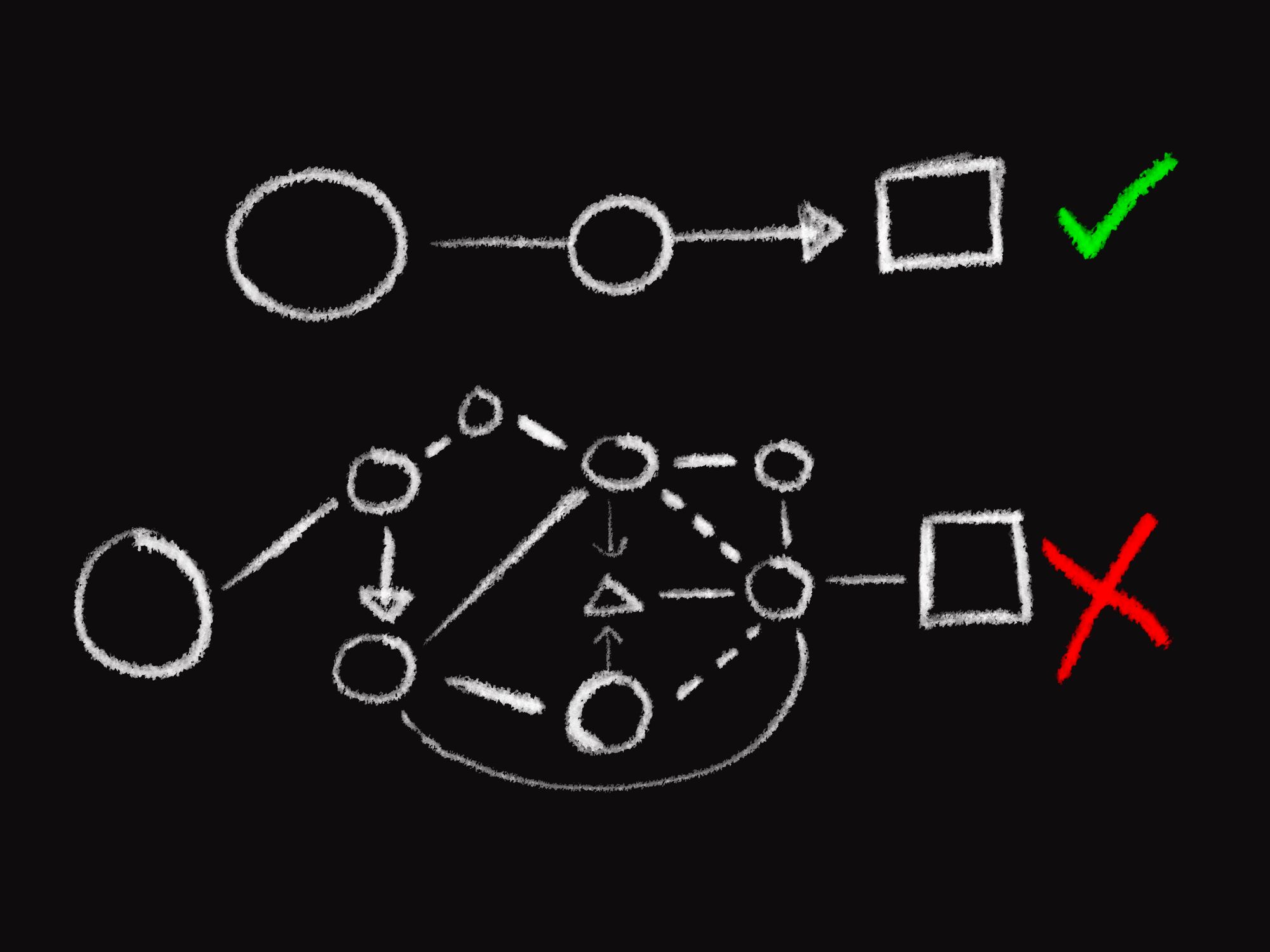After years of consuming on Youtube and X, I started creating on both.
Now, I've noticed how similar the platforms and yet how different.
They are great to share information in different ways, and because of that they can be leveraged differently for the same goals.
The key

